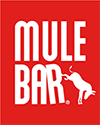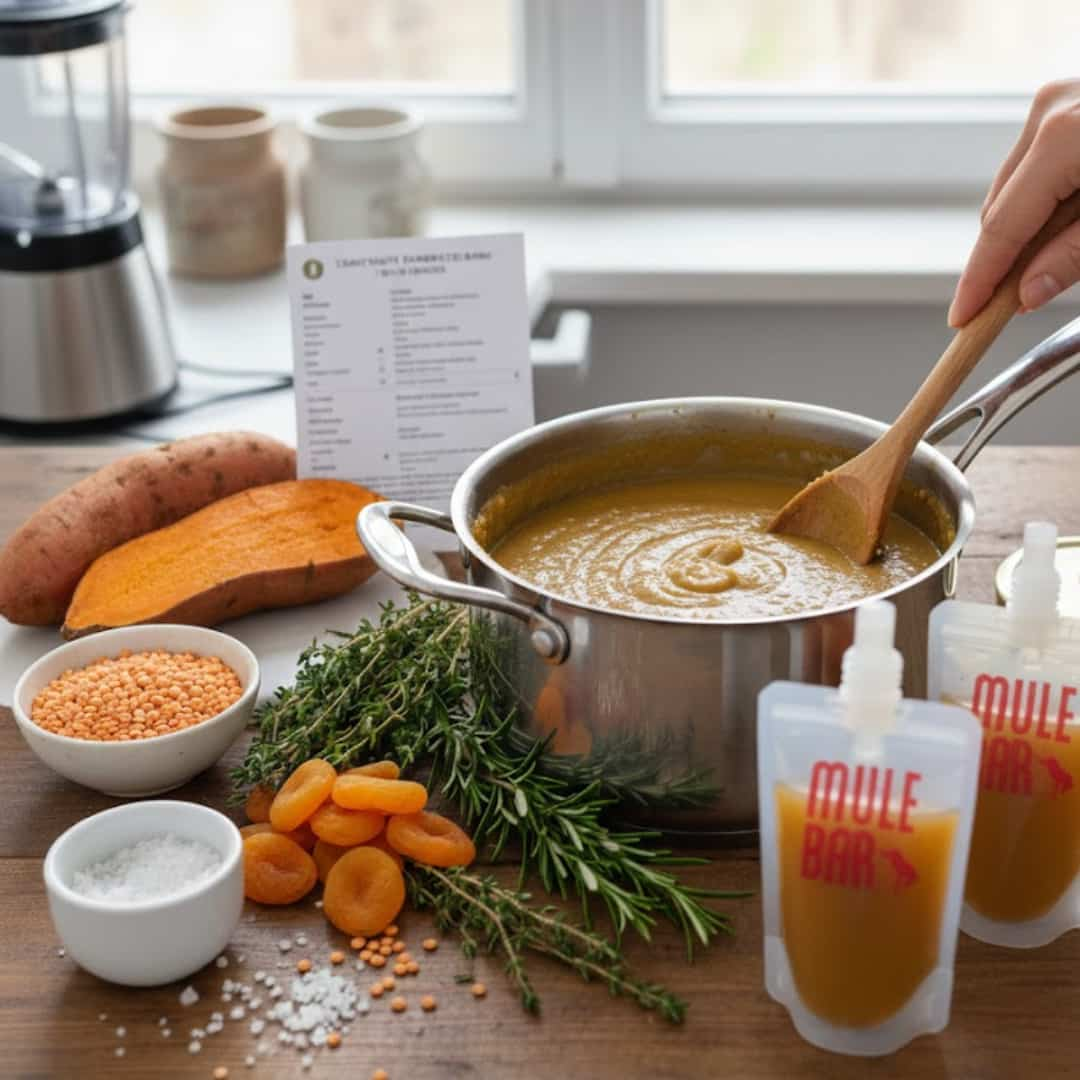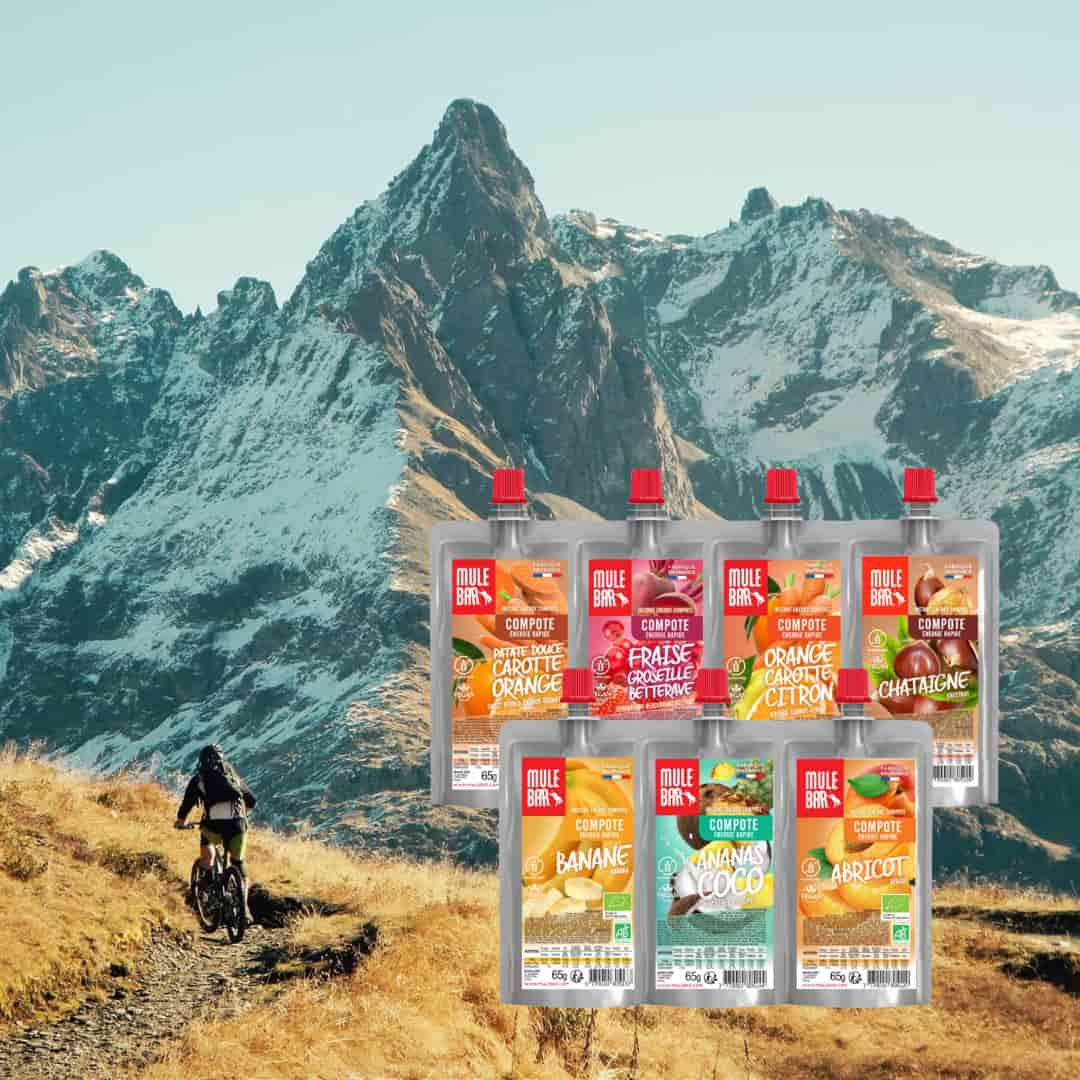You've just finished an intense workout and are feeling that familiar fatigue in your muscles. It's the perfect time to take advantage of the post-workout metabolic window. This article shows you how to properly fuel your body at this key moment with the right nutrients, turning every workout into real progress.
Understanding the athlete's metabolic window
This period, which begins immediately after exercise, is a real boon for your body. At this precise moment, your muscle fibers become extraordinarily receptive to nutrients. Understanding this metabolic process radically changes your approach to recovery and sustainably boosts your performance.
Why the Metabolic Window Promotes Recovery
After every physical effort, your body goes through a crucial phase: the metabolic window. This is the window where your muscles absorb nutrients with optimal efficiency. Insulin sensitivity peaks during the first hour, allowing carbohydrates and proteins to directly feed the muscle fibers used during exercise.
This metabolic window triggers three essential mechanisms: the replenishment of glycogen stores, the repair of muscle micro-lesions and the cessation of catabolism (the set of reactions that break down complex molecules (glycogen, lipids, proteins) into simpler molecules, releasing energy). Without rapid nutritional intake, your body draws on its own protein stores to produce energy, which delays muscle recovery by 24 to 48 hours.
The intensity of this metabolic response varies depending on the type of physical activity being performed. After a trail run lasting several hours or a marathon, your exhausted muscles are in dire need of nutritional support.
How long is the metabolic window?
Peak efficiency occurs between 30 and 60 minutes after exercise. During this time, your metabolism is working at full capacity to compensate for energy losses. Responsiveness remains high for up to 2 hours after activity, then gradually declines over the next 4 hours.
The exact duration depends on several factors: your training level, the intensity of the session, your nutritional status before the effort, and the type of exercise performed. A regular athlete who has eaten a carbohydrate-rich meal before training benefits from a wider window than an athlete training on an empty stomach.
Muscle goals and post-workout nutrition
Your post-workout nutrition strategy should address three priorities: quickly replenish muscle glycogen, halt protein breakdown, and effectively rehydrate your body. These complementary goals determine your ability to recover and perform during your next workout.
To replenish your glycogen stores, aim for 1 to 1.2g of carbohydrates per kilogram of body weight every hour for the first 3 hours. Pair this with 20 to 40 grams of complete protein to stimulate muscle protein synthesis and reduce muscle soreness. Finally, stay hydrated with natural electrolytes to restore fluid balance disrupted by sweating.
Anabolic nutrition for muscle recovery
What you eat right after exercise transforms your fatigue into renewed energy. By providing the right nutrients at this key moment, you trigger a cascade of metabolic reactions that boost muscle repair, protein synthesis, and glycogen replenishment. We explain how to create the ideal snack for optimal recovery.

What key nutrients should you take right after exercise?
Post-workout carbohydrates are essential because they quickly replenish energy stores depleted during training. Choose high-glycemic sources immediately after exercise, such as isotonic drinks, dried fruit, or energy compote to take advantage of the insulin surge that transports glucose to your muscles.
Proteins then play a crucial role : 20 to 40g rich in essential amino acids, particularly leucine, are enough to activate anabolic protein synthesis which continues for several hours after physical exertion.
What carbohydrate-protein ratio for the metabolic window?
The optimal ratio is around 3g of carbohydrates to 1g of protein. For example, after 2 hours of cycling, a 70kg athlete should consume 60 to 90g of carbohydrates combined with 20 to 30g of recovery protein.
Mixing different types of carbohydrates improves their absorption and limits digestive discomfort. Combining maltodextrin, sucrose, and fructose allows for significant intakes (over 90g/hour) while providing a constant energy supply to each muscle.
If you can't eat solids, BCAAs can boost your protein intake. These branched-chain amino acids (especially leucine) directly stimulate muscle growth, but always supplement with a complete protein to cover all essential amino acids.
Metabolic hydration and essential electrolytes
Water remains essential for transporting nutrients and eliminating waste. Without proper rehydration, even the best carbohydrate and protein intake becomes ineffective, as your muscles need a stable water environment to recover properly.
After exercise, drink 500 to 750 ml of a beverage containing at least 300 mg of sodium and 300 mg of potassium . These natural electrolytes aid muscle contraction, prevent cramps, and maintain fluid balance, unlike plain water, which can dilute your sodium levels.
Metabolic protocols according to sporting effort
Depending on the intensity and duration of your physical activity, your nutritional needs during the post-exercise metabolic window vary considerably. By personalizing your recovery, you optimize both muscle protein synthesis and glycogen replenishment. This section guides you in adapting your post-exercise strategy according to your goals.
What to do after a short or long effort
After a workout of an hour or less, your muscles have typically depleted only a portion of their glycogen. A simple hydration drink with electrolytes is sufficient. However, if you're planning another workout that day, consuming carbohydrates and protein immediately afterward boosts your recovery and prolongs the benefits of the metabolic window.

Concrete examples for muscle recovery
Here are some practical solutions to properly nourish your muscles after exercise and maximize protein synthesis:
- 60-minute HIIT : Prepare a recovery drink with 30-60g of carbohydrates and 25g of protein in 500ml of water, to be consumed within half an hour.
- 3-hour bike ride in extreme heat : Hydrate well during exercise, then take 80g of carbohydrates, 30g of protein and 600mg of sodium immediately after to compensate for losses.
- Marathon or ultra-trail : Opt first for a nutrient-dense drink, then eat a real meal within two hours to continue taking advantage of the metabolic window.
- Double Daily Workout : Eat a balanced snack every 1-2 hours between sessions to maintain energy and muscle protein synthesis.
These amounts should be adjusted according to your weight, metabolism, and fitness level. An experienced athlete can increase the doses, while a beginner can start with smaller portions.
Metabolic window and weight Loss
Contrary to popular belief, nourishing your body well after exercise does not hinder weight loss. Effective metabolic recovery, on the contrary, allows you to maintain a high level of training intensity, which is essential for lasting fat burning.
Not eating enough after exercise slows your metabolism and limits protein synthesis. The best approach? Adequate nutritional intake immediately after exercise, followed by balanced meals throughout the day. This protects your muscles, promotes calorie expenditure, and ensures long-term results.
Recovery products for the metabolic window
Optimizing your post-workout nutrition makes all the difference during this key metabolic window. At Mulebar, we've been developing natural solutions specifically tailored to the needs of athletes since 2008. Our formulas help quickly replenish glycogen stores, promote muscle fiber synthesis, and improve post-workout recovery.
What power options for anabolic
Our protein bars, made from plant-based proteins (pea and soy), are ideal for nourishing your muscles right after exercise. They intelligently combine fast-acting carbohydrates, essential amino acids, and healthy lipids for optimal recovery after physical activity. Their gradual digestion makes them particularly suitable for endurance sports.
- Mulebar resealable energy gels : instant carbohydrate intake after exercise, easy to consume, fluid texture even when cold to immediately restart glycogen production.
- Isotonic powder drinks : balanced blend of multi-source carbohydrates and natural electrolytes for effective rehydration during and after exercise.
- Energy compotes : easily digestible snacks 20 to 40 minutes after exercise with fruit for additional carbohydrates without overloading the stomach.
Our Strawberry-Almond Protein Bar features amino acid-rich pea protein combined with the benefits of almonds (healthy fats) and strawberries (antioxidants). This nutritional combination perfectly supports your metabolic window and prepares you for your next workout.
Plant-based proteins are released gradually, maintaining anabolic stimulation for several hours after physical activity. Discover our vegan protein bars for a regular supply of essential amino acids for muscle repair.
Why choose Mulebar bars and drinks?
Our recipes prioritize natural and traceable ingredients, with no artificial additives. We incorporate natural electrolytes to optimize hydration and metabolic function during recovery.
Our range is designed with athletes in mind: convenient packaging, easy-to-absorb textures, and delicious natural flavors. Tested by our athletes, our products ensure effectiveness and ease of use. Check out our tips for adapting your nutrition to the seasons.
Simple Metabolic Routines to Adopt
Adopt this simple protocol:
- Energy gel in the first 15 minutes
- Snack 30 minutes later
- Complete meal within 2 hours
This routine supports muscle synthesis, stabilizes blood sugar, and extends the benefits of the metabolic window.
Tip: Prepare your snacks in advance to save time when fatigue sets in after exercise. In winter, store your Mulebar products in an inside pocket to prevent them from hardening. Weigh yourself before/after training and compensate for 150% of the water deficit for optimal recovery.




Leave a comment
This site is protected by hCaptcha and the hCaptcha Privacy Policy and Terms of Service apply.